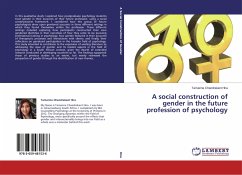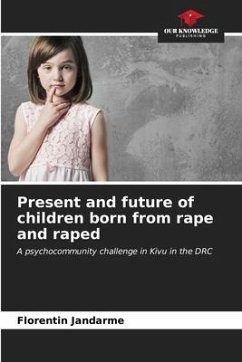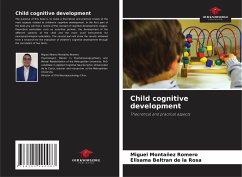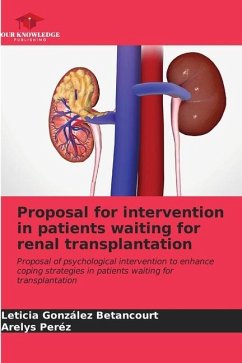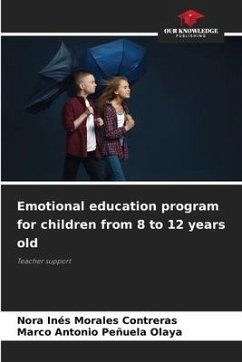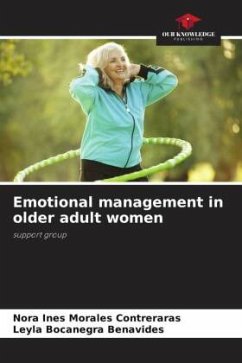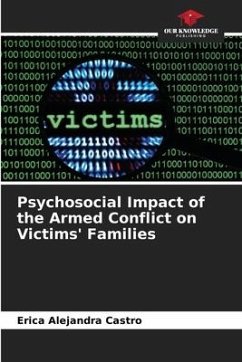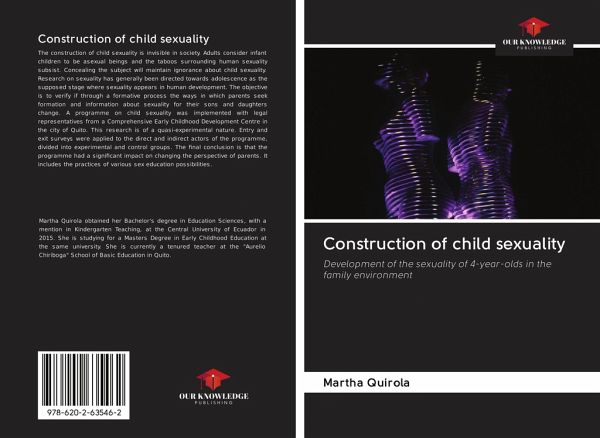
Construction of child sexuality
Development of the sexuality of 4-year-olds in the family environment
Versandkostenfrei!
Versandfertig in 1-2 Wochen
18,99 €
inkl. MwSt.

PAYBACK Punkte
9 °P sammeln!
The construction of child sexuality is invisible in society. Adults consider infant children to be asexual beings and the taboos surrounding human sexuality subsist. Concealing the subject will maintain ignorance about child sexuality. Research on sexuality has generally been directed towards adolescence as the supposed stage where sexuality appears in human development. The objective is to verify if through a formative process the ways in which parents seek formation and information about sexuality for their sons and daughters change. A programme on child sexuality was implemented with legal ...
The construction of child sexuality is invisible in society. Adults consider infant children to be asexual beings and the taboos surrounding human sexuality subsist. Concealing the subject will maintain ignorance about child sexuality. Research on sexuality has generally been directed towards adolescence as the supposed stage where sexuality appears in human development. The objective is to verify if through a formative process the ways in which parents seek formation and information about sexuality for their sons and daughters change. A programme on child sexuality was implemented with legal representatives from a Comprehensive Early Childhood Development Centre in the city of Quito. This research is of a quasi-experimental nature. Entry and exit surveys were applied to the direct and indirect actors of the programme, divided into experimental and control groups. The final conclusion is that the programme had a significant impact on changing the perspective of parents. It includes the practices of various sex education possibilities.



